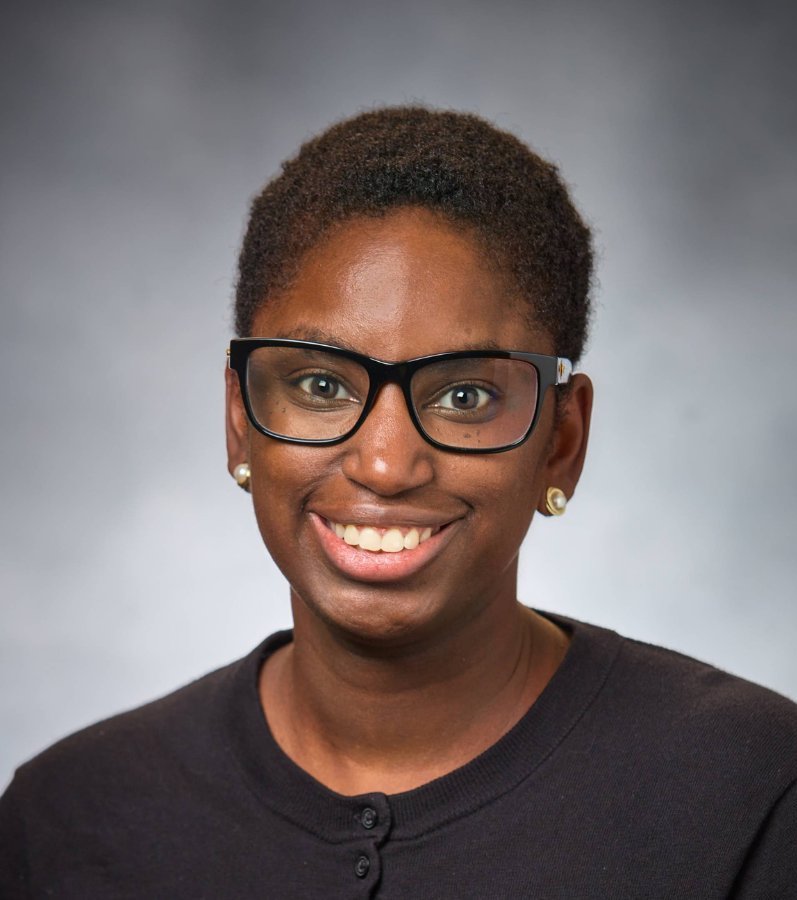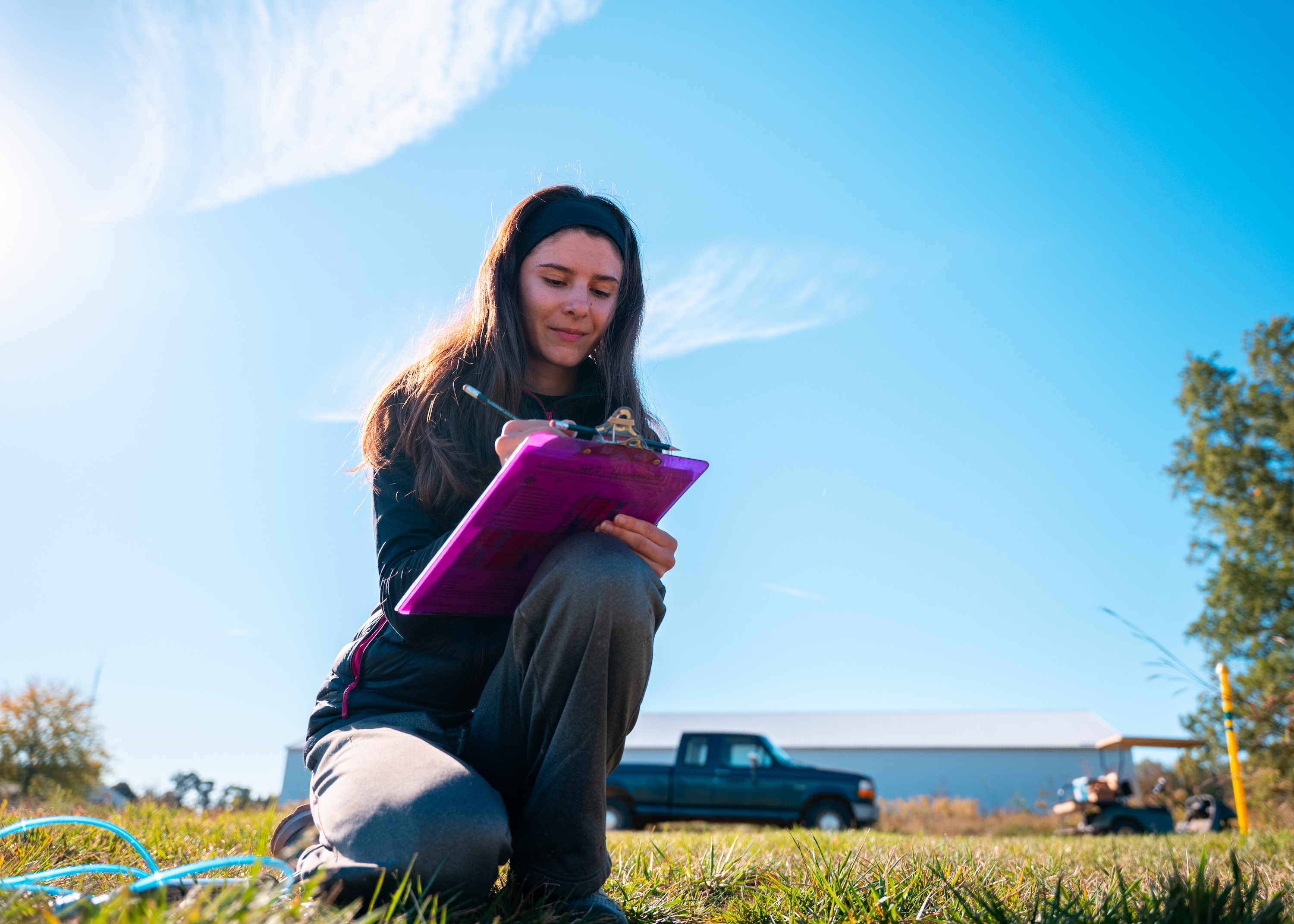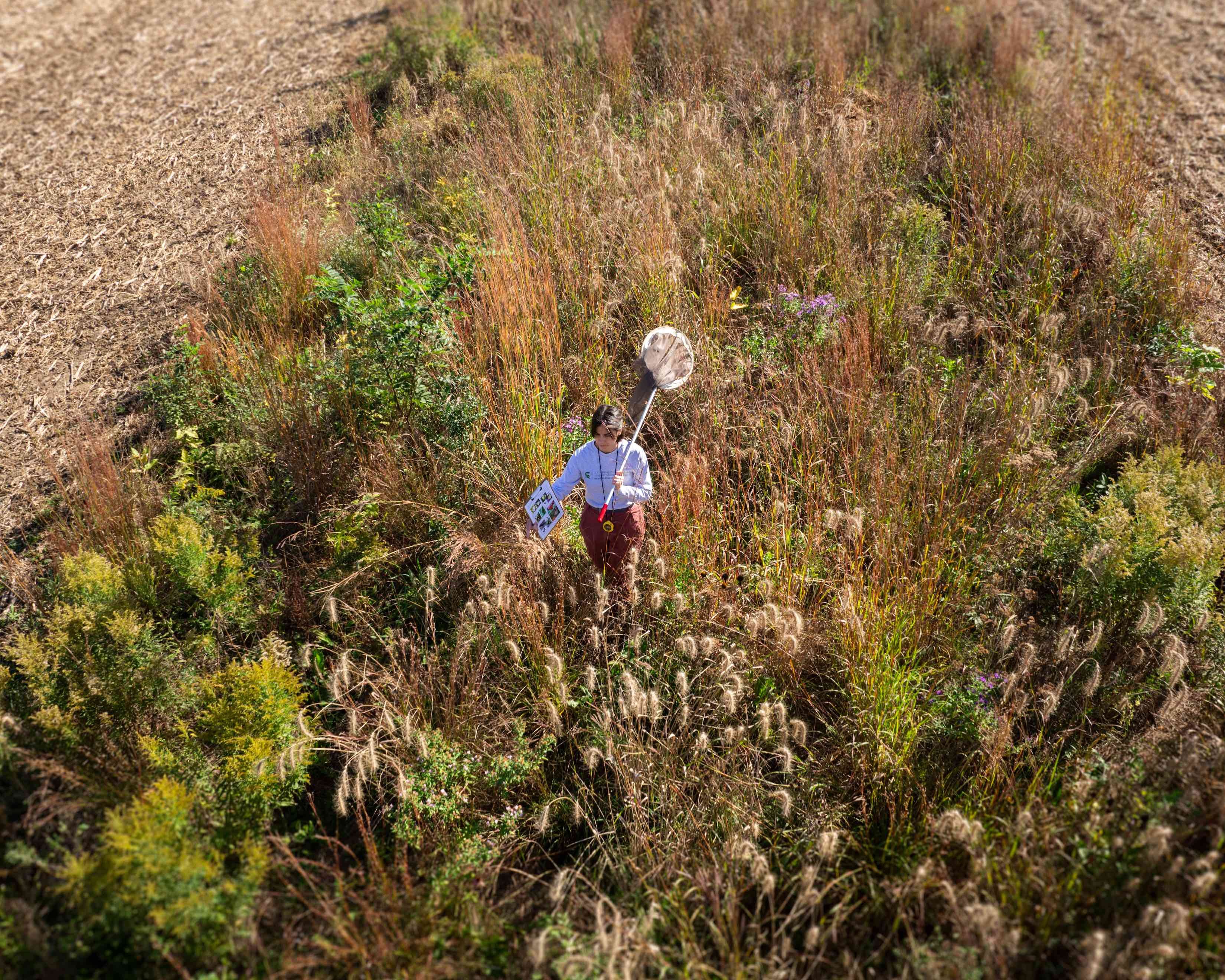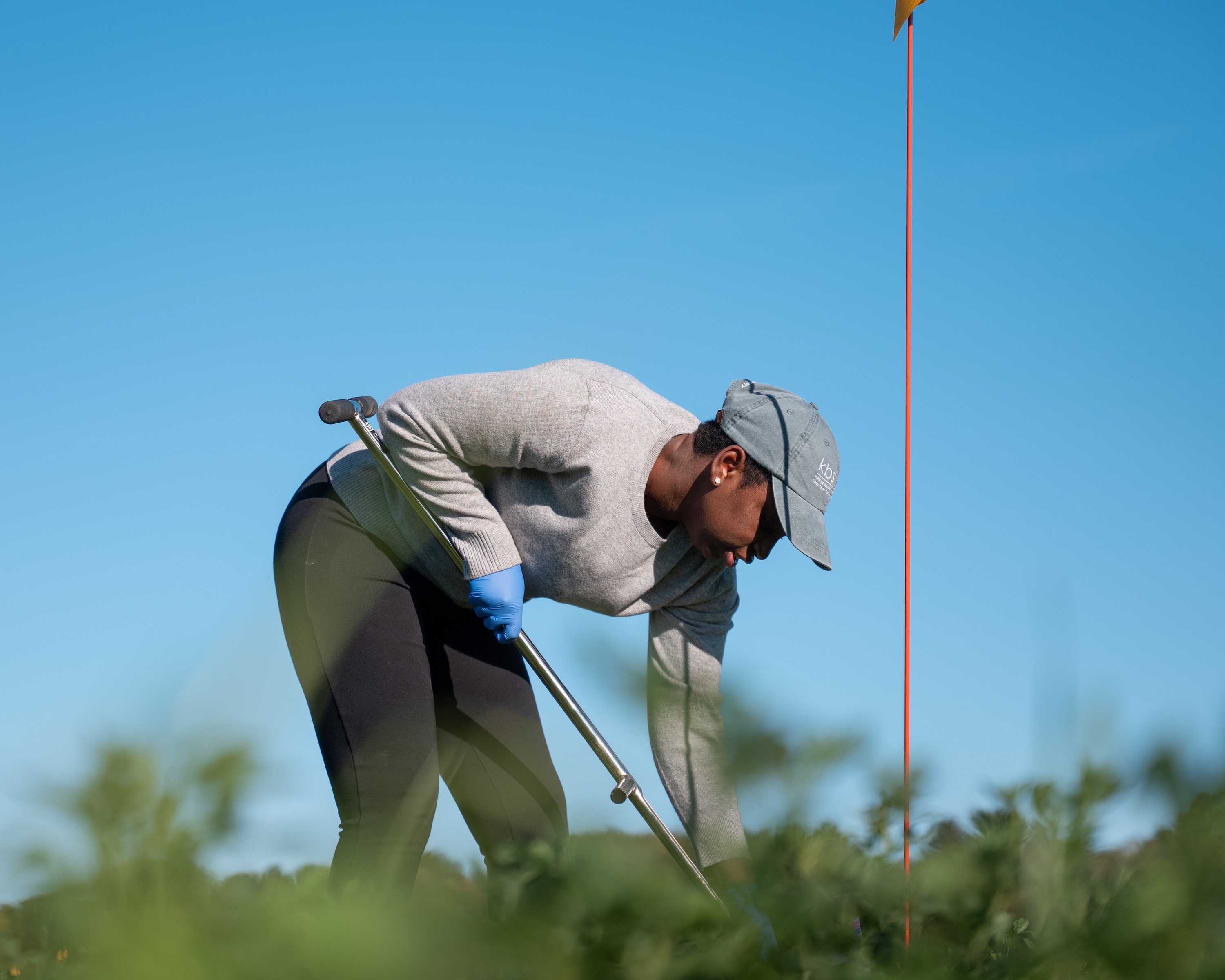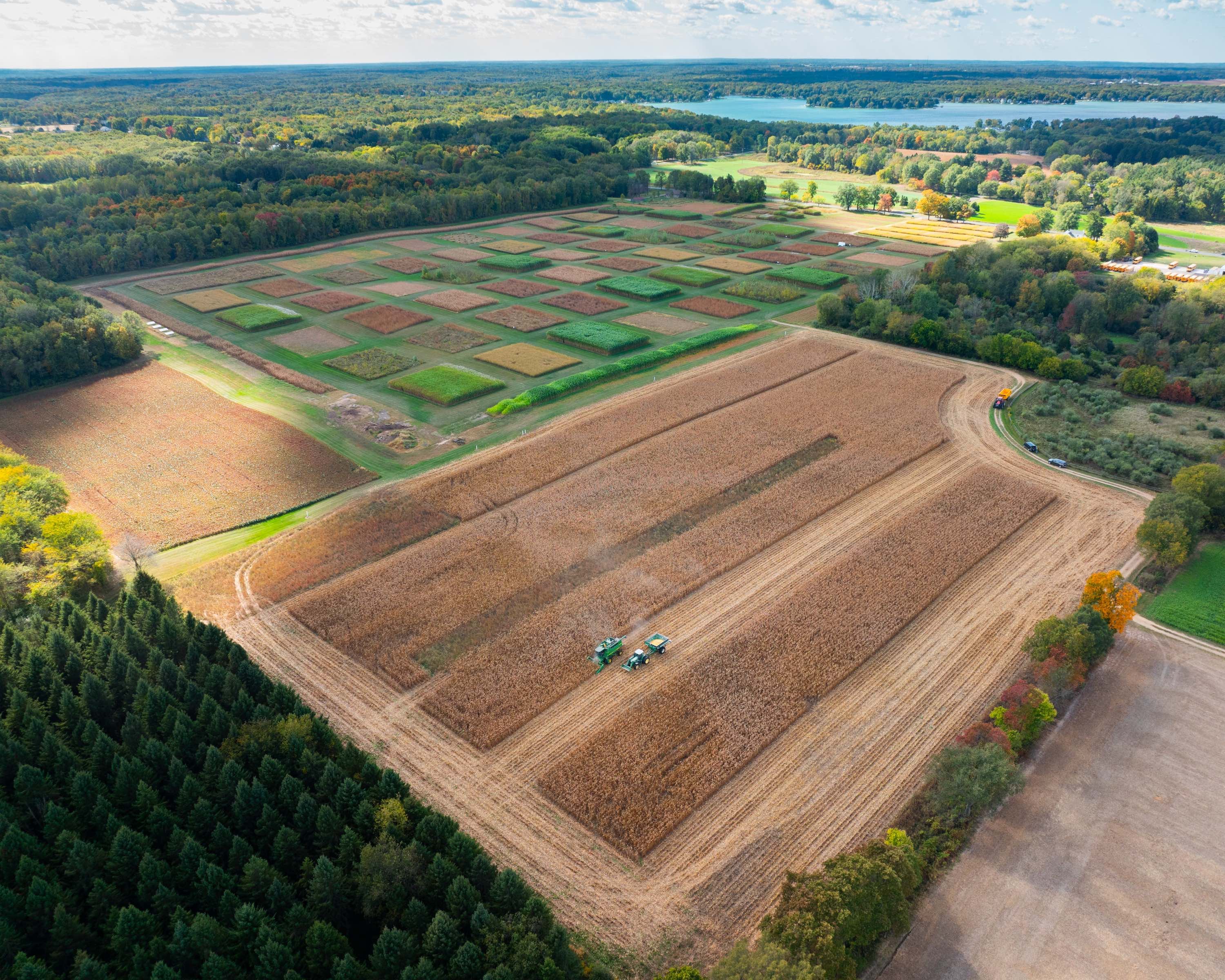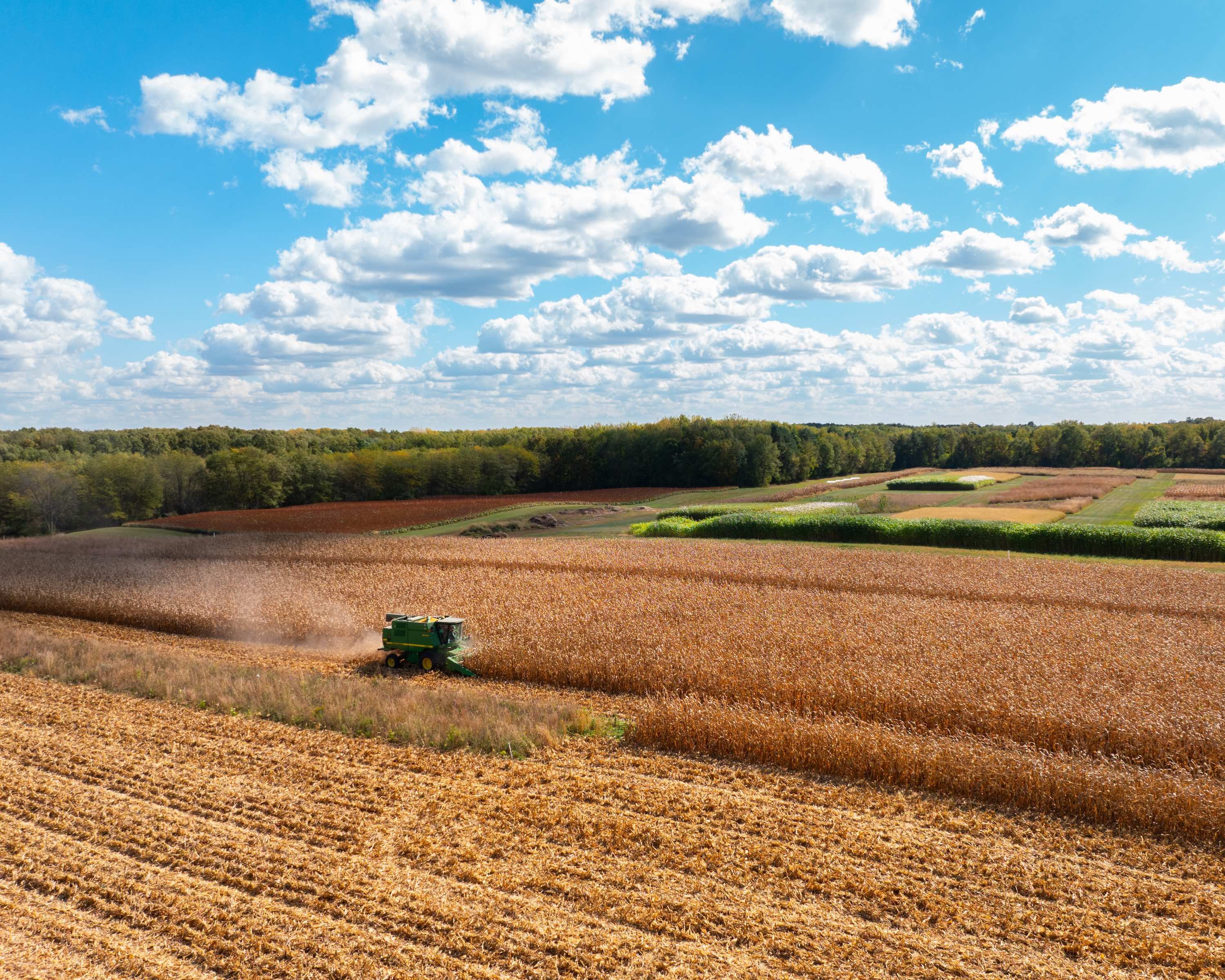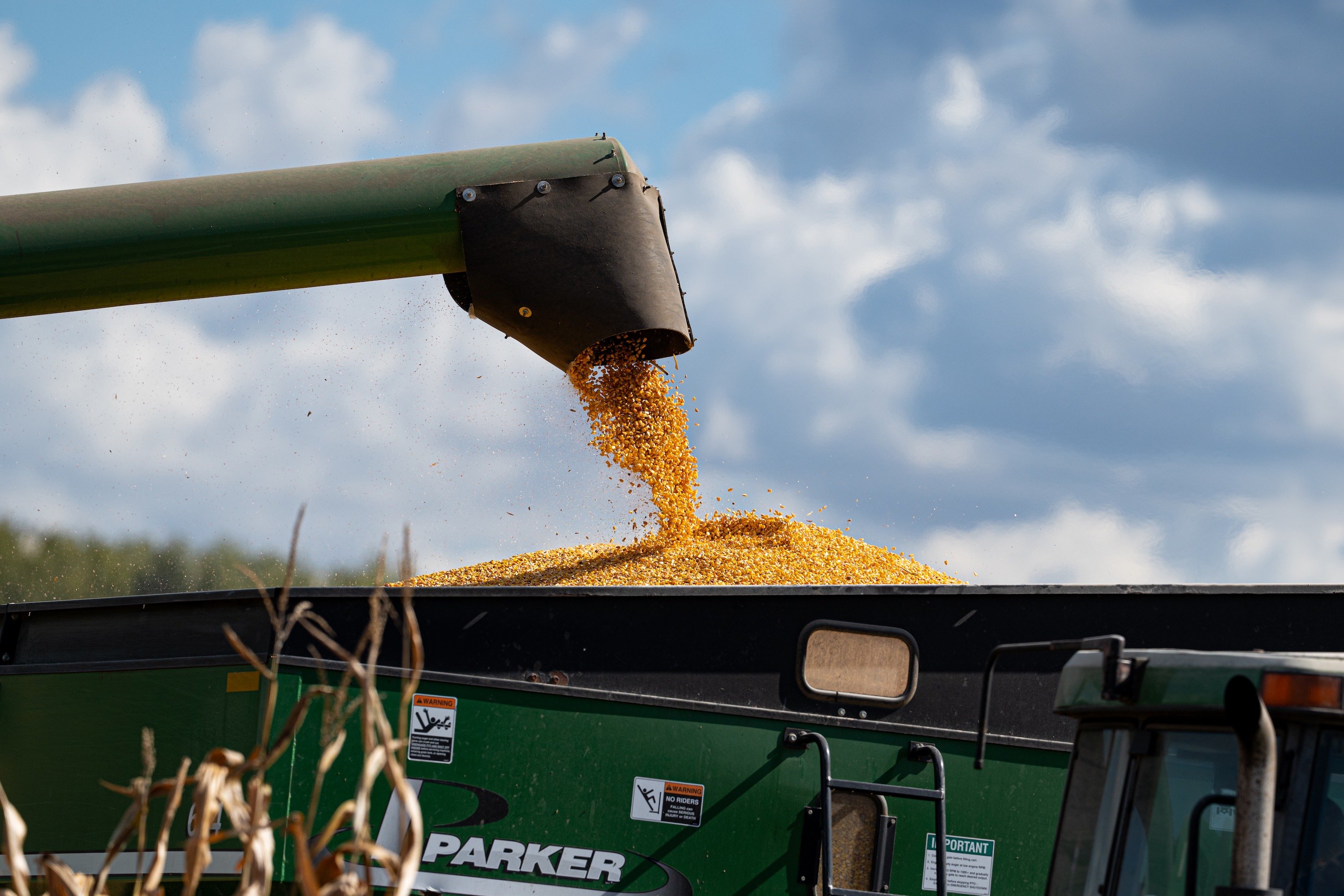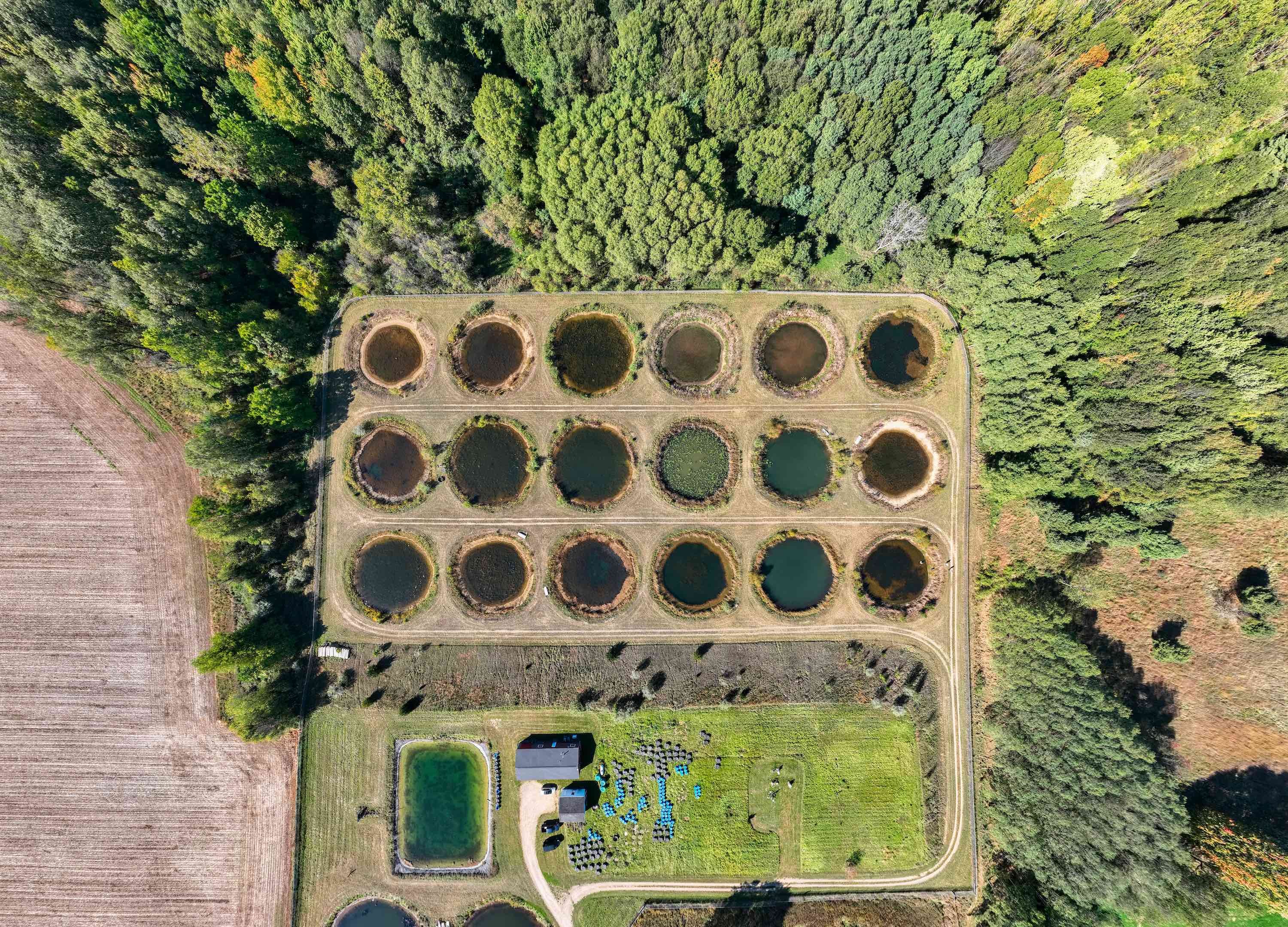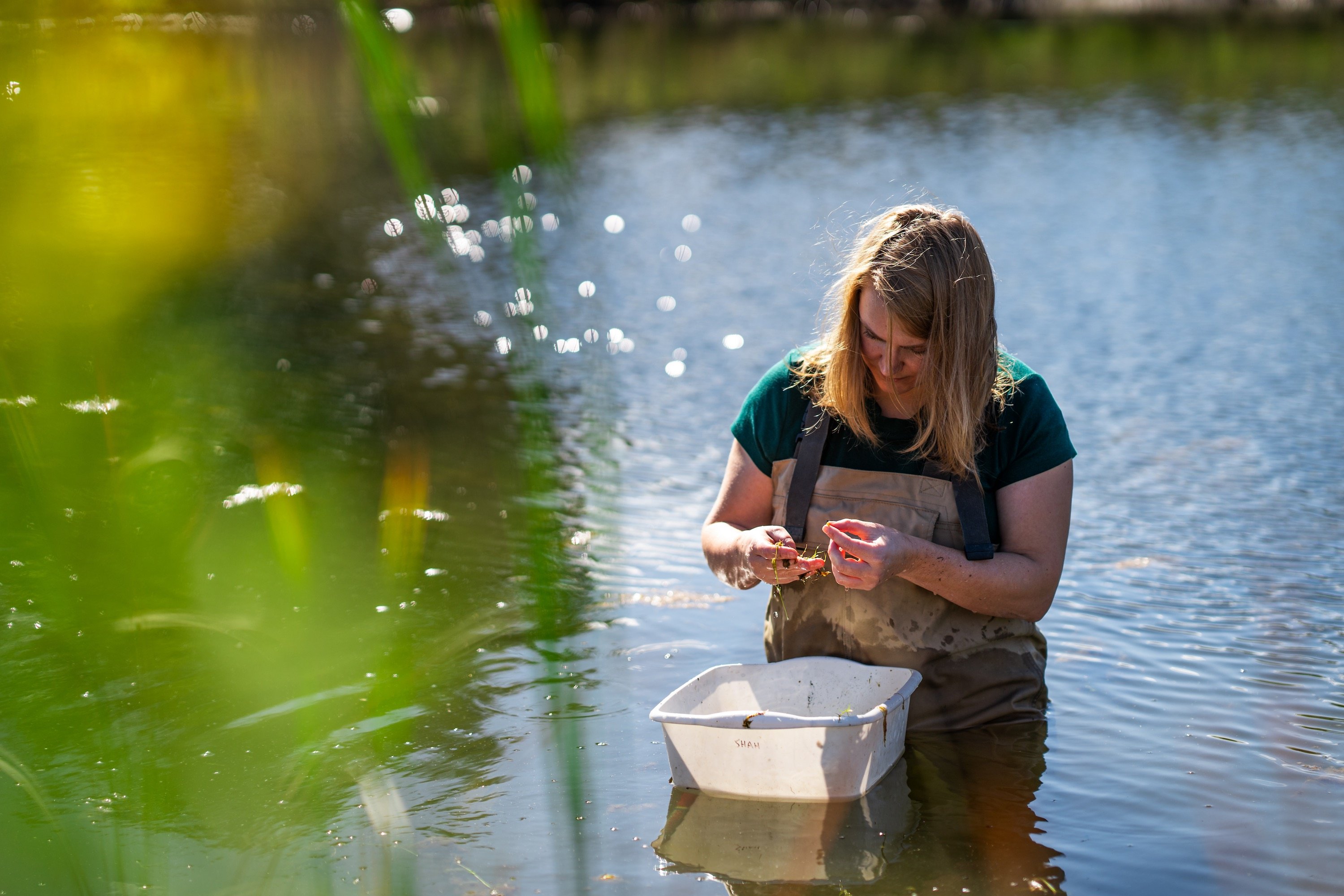A unique and historic space
“We like to call KBS a research platform,” says Jeffrey Conner, the interim director of KBS. “People from all over MSU and other universities are able to come to KBS to conduct research.”
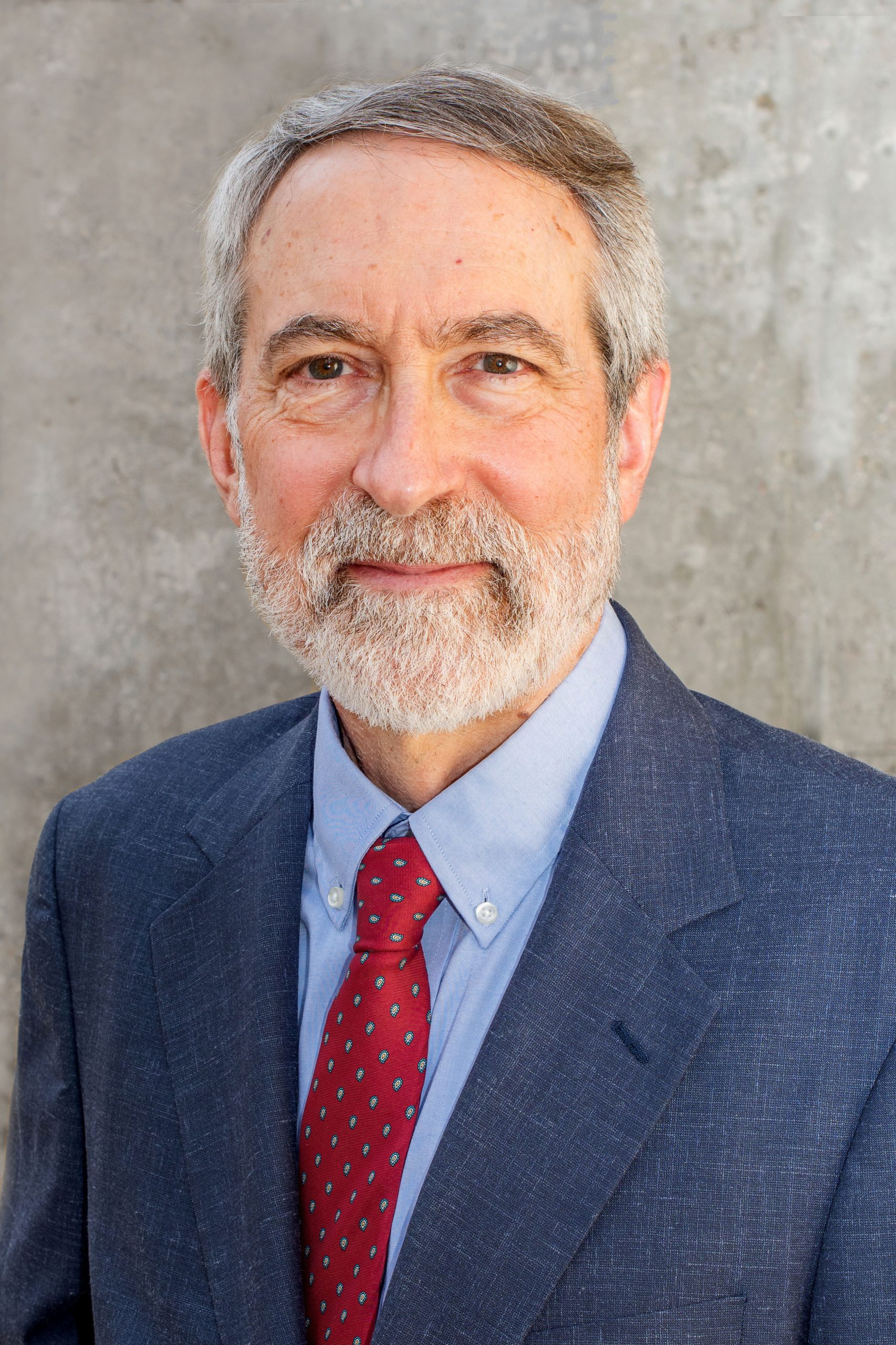
Jeff Connor. Photo courtesy Kellogg Biological Station
Conner came to MSU in 1996 and holds appointments both at KBS and in the Department of Plant Biology, in addition to serving as core faculty in the Department of Ecology, Evolutionary Biology and Behavior. He heads the Conner Lab at KBS, where he leads a research program that studies the mechanisms of natural selection in plants that enable adaptations to variable environments as well as constraints on this process.
He, like many who spend time at KBS, is grateful that MSU and the W.K. Kellogg Foundation have invested in the infrastructure to enable its use by multiple labs.
“We’re a founding member of the Organization of Biological Field Stations,” says Conner. “But most research at those other field stations goes on in the summertime. We’re a year-round facility.” It’s thanks to MSU’s long history at KBS that research is possible in the fall, winter and spring, too.
In 1927, W. K. Kellogg, of cereal company fame, donated the land and properties that would become the Kellogg Biological Station. Kellogg was an early 20th-century entrepreneur who believed that people should use their gifts and knowledge to help others. He was also an environmentalist who understood the importance of preserving the land and its resources.
Per that credo, the mission of KBS is to “increase our understanding of natural and managed ecosystems and their linkages to society.”
Decades of discovery
The work being done at KBS has a wide-ranging impact. A recent research study shows insecticides are driving butterfly loss. Scientists are using drones to investigate sustainable agriculture techniques. It hosts one of the few NSF-funded Long-Term Ecological Research sites in the country focused on agricultural ecosystems. This research has been going on for more than 35 years and has been pivotal in understanding the impact of agricultural practices on biodiversity, soil health and water quality, contributing significantly to the field of sustainable agriculture. The Kellogg Bird Sanctuary is home to several birds of prey that can’t return to the wild due to injuries, including two bald eagles, Nimikii (Thunder) and Waasimowin (Lightning), who were named by Native American students participating in the 2024 Michigan Indian Leadership Program.
The nearly 4,500 acres that make up the site includes a variety of natural habitats such as woodlands, wetlands, prairies, agricultural lands, and freshwater ecosystems. With 13 faculty members who have appointments in the College of Agriculture and Natural Resources or the College of Natural Science, more than 40 graduate students and postdoctoral research associates, as well as numerous specialists and support staff, KBS is renowned for its work in ecology, evolutionary biology and sustainable agriculture.
Sprunger’s research focuses on sustainability. She says being at a place that has had research going on for so long is vital to the work she’s able to do. Many studies may take three to five years, but Sprunger’s work at KBS can pull from studies dating back as far as 30 years when inspecting soil health. “You might miss the outcome of an experiment or study if you only have a few years,” Sprunger says. “But when you have 30-plus years, you really begin to see that, ‘Oh, wait, it takes 10-plus years for something to really pay off.’”
Her current research examines how perenniality and plant diversity impact soil biodiversity and nutrient cycling in agricultural fields. Being able to compare soil samples taken decades apart allows her to see how big of an impact certain plants or crops may have on soil health.
Sprunger is one of many MSU faculty members who understands that KBS is a special place for research.
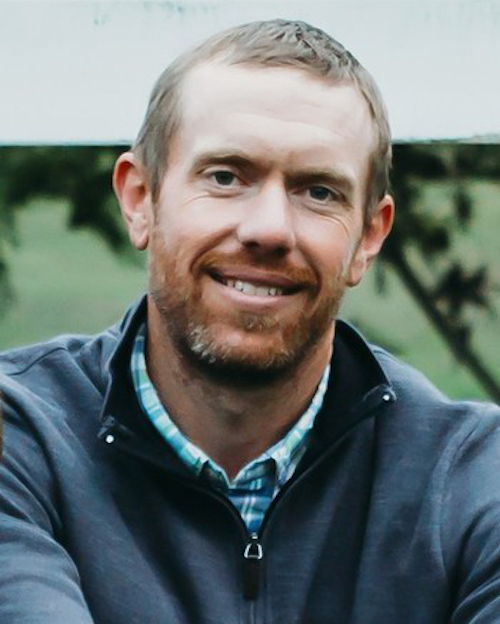
Brook Wilke. Courtesy photo
“It is unique for a field station to have both ecology and agriculture so highly valued and highly represented,” says Brook Wilke, who is the associate director of the KBS Long-Term Agroecosystem Research Program, or LTAR. The site is part of the LTAR Network established by the United States Department of Agriculture to develop national strategies for the sustainable intensification of agricultural production. Wilke also served as farm manager from 2013 to 2020. “We have plenty of water, we have forests, we have prairies, and we have agriculture fields, so there are many opportunities for research and education.”
Plus, Wilke explains, KBS is a place ripe with ideas. Thanks to resident faculty, graduate students and staff working in labs, KBS nurtures a diverse community — from both a cultural and academic perspective. “Someone might be an expert in evolution, somebody might be in agriculture, somebody might be an aquatic scientist,” says Wilke. “The community is diverse, but everybody comes together and supports each other.”
One example of that support is visible during the weekly colloquiums that take place during the academic year. “I think these in-house talks are one of the most important things we do here,” says Conner. Each week, a graduate or postdoctoral student gives an informal presentation on their research to the 30 or so faculty members and other graduate students that are at KBS that day. And each week, there’s a lot of constructive feedback. “The discussions get spirited at points,” Conner says, noting how involved and excited everyone at KBS is to make a difference with their research.
The community extends beyond MSU, as well. “I think what sets us apart is we also have a strong commitment to outreach and making sure that we’re really connecting with not only the local community, but also society at large,” Sprunger says.
